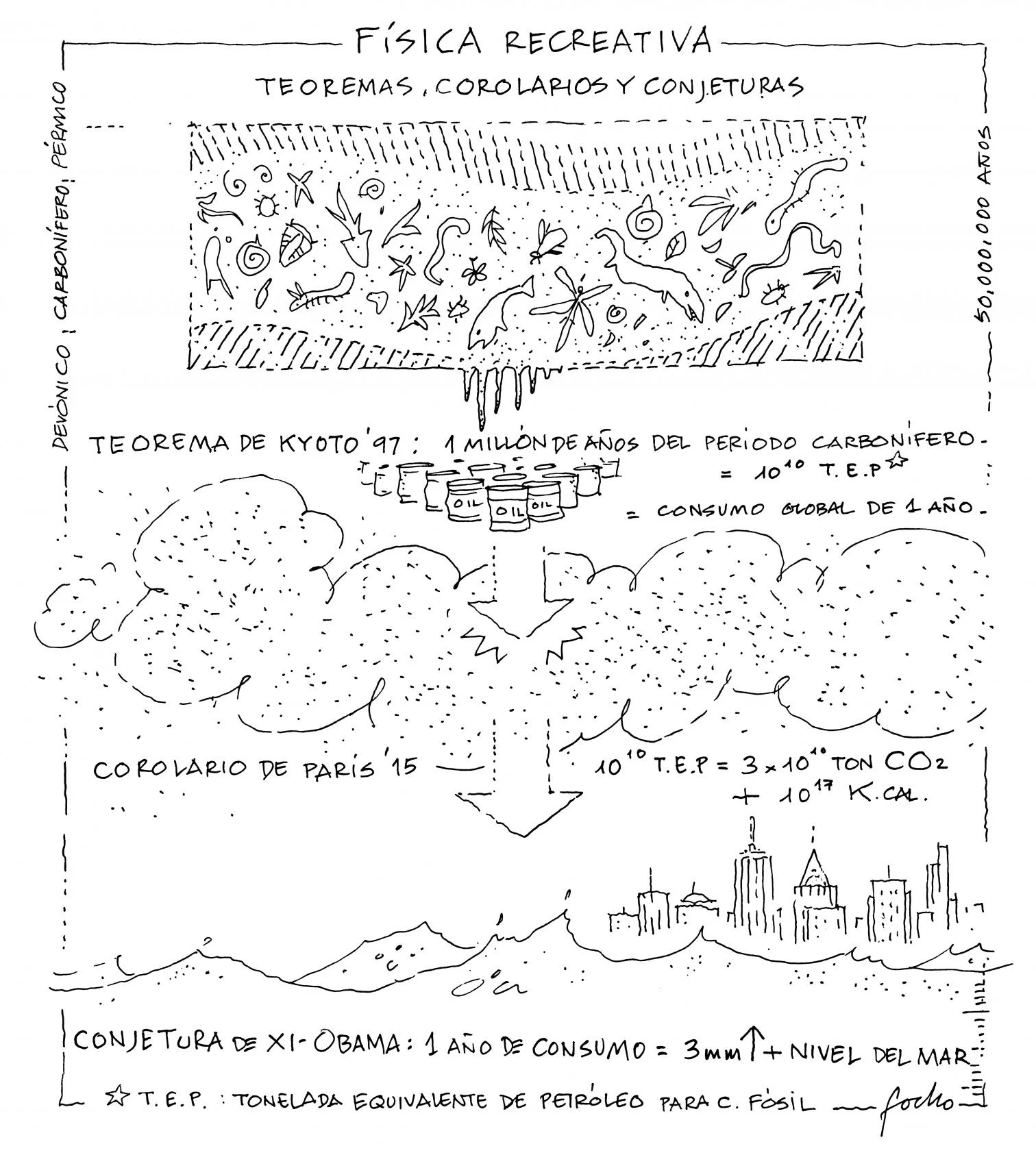
That climate change is anthropogenic – and that negotiations to curb it have been ongoing and dragging for already twenty years now – is symptomatic of the globalized nature of our civilization, and the reason why the problem is so difficult to solve, and the spread of the effects of planetary warming is exacerbated by the economic disparities between the countries that cause it, and the different degrees to which they are affected by its consequences. Hence the signing of the Paris Agreement on 11 December to wrap up the 21st Conference of the Parties for Climate Change was a truly historic event. Unlike the Kyoto Protocol of 1997, the Paris Agreement will be implemented without restrictions by the world’s largest economies, namely the United States and China, and the rest of the 196 countries represented at the summit. And unlike the ultimately ineffective previous model, which fixed obligatory goals on each individual country, the new one simply sets an obligatory objective: that the rise in the Earth’s average temperatures be brought to “well below 2 degrees” with respect to preindustrial levels. On the other hand it requires that all signatories comply with their own specific programs of cuts, and that the most developed countries create an annual fund of US$100 billion for the purpose of enabling developing nations to protect themselves from the effects of climate change, and accelerate their transition to emission-free economies. This is of course far from being a perfect pact, but it is probably the only agreement possible at present, so it ought to be welcomed.






